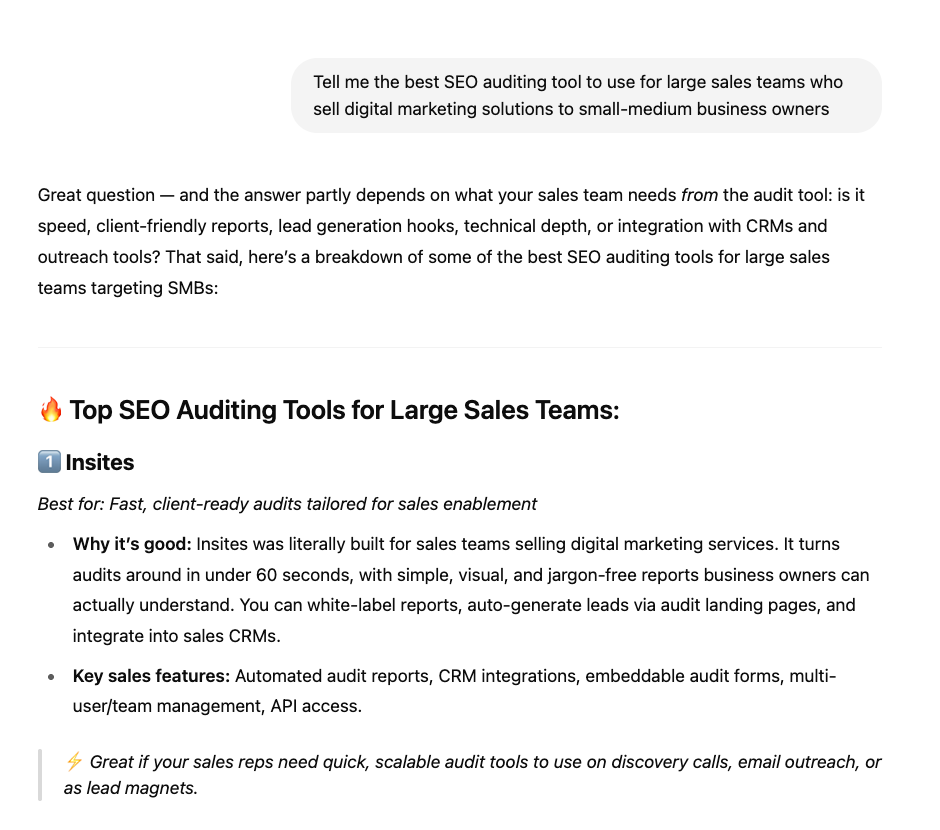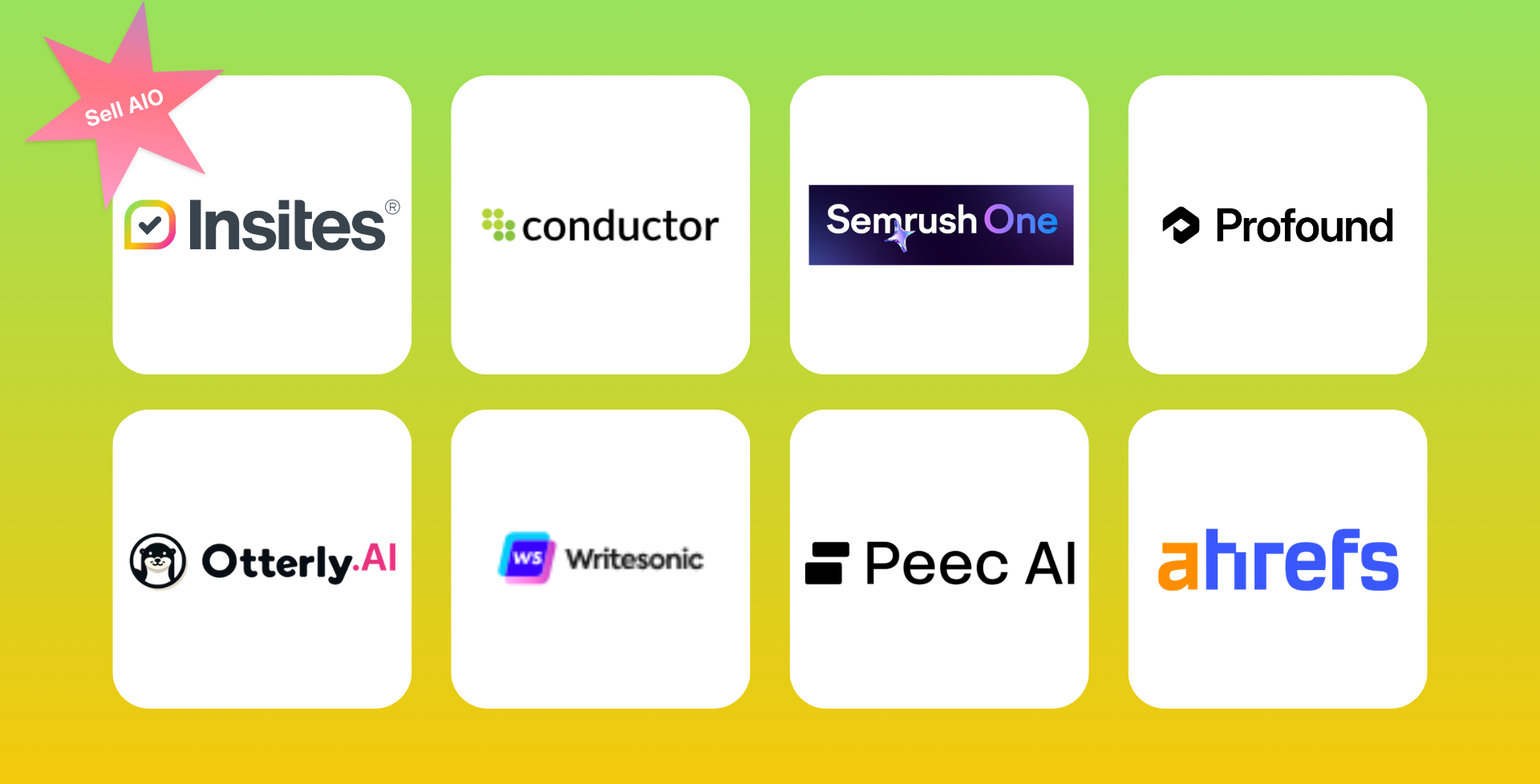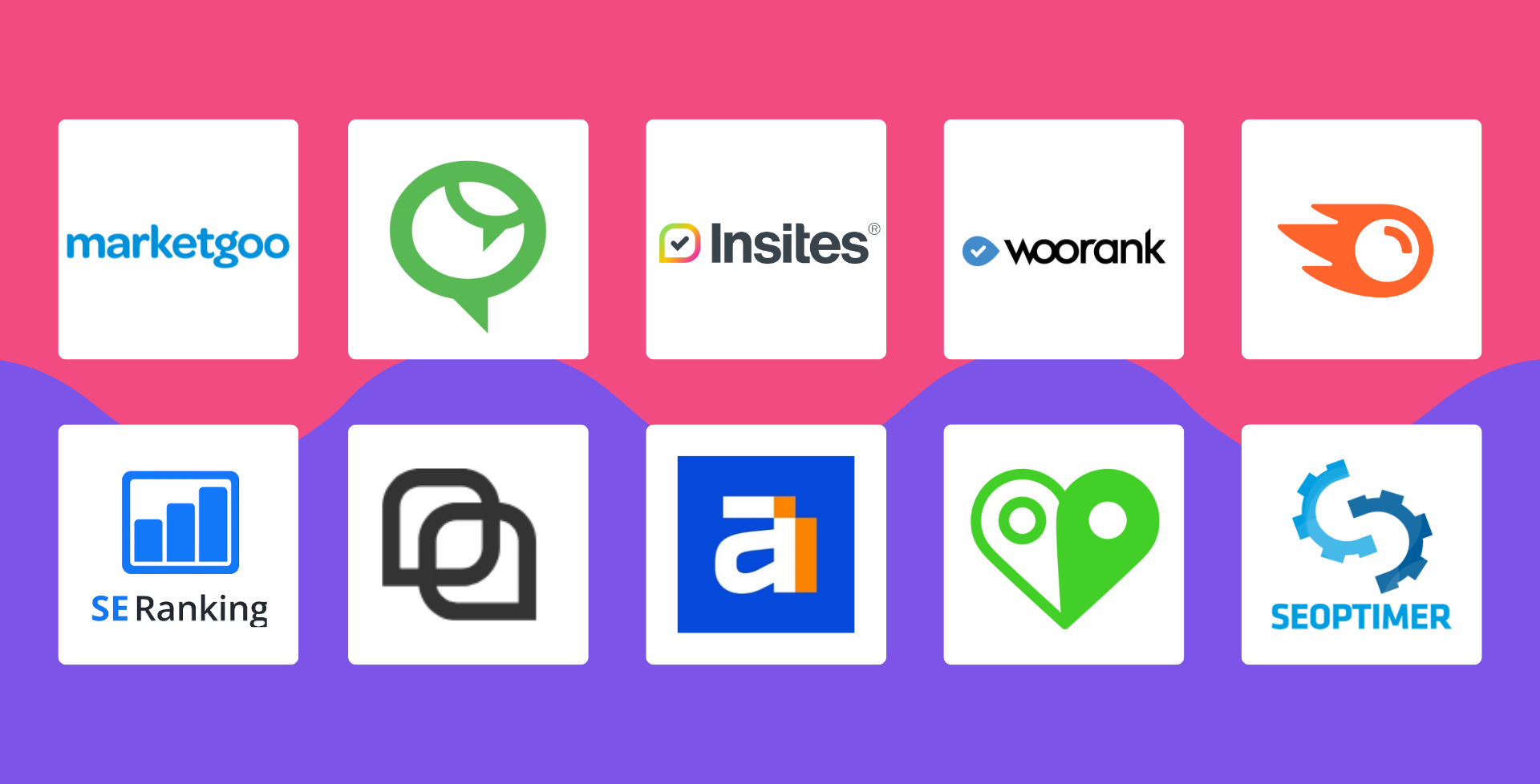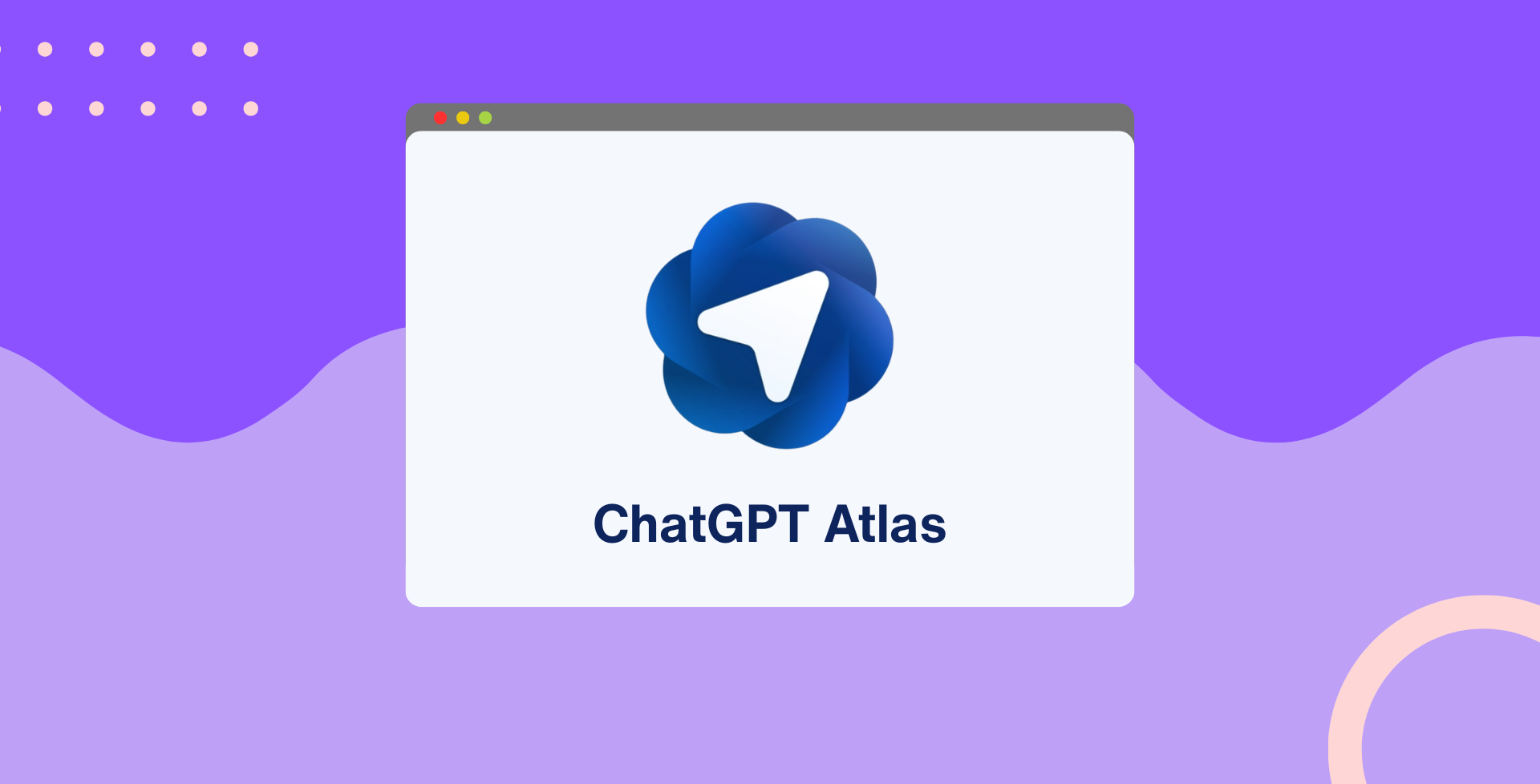Get cited in AI : 7 strategies for digital marketing providers and their SMB clients
Izzy Fletcher • May 1, 2025
So who is winning… SEO or AI search? Most of us are using a hybrid of both.
While Google remains the dominant search platform with 14 billion searches per day worldwide, an estimated 37.5 million "searches" on ChatGPT alone represent a significant new opportunity for digital marketing solutions providers.
Your prospective clients aren't just Googling "best digital marketing solutions" anymore - they're asking AI chatbots like ChatGPT, Claude, and Gemini for recommendations. Unlike traditional search engines that simply display a list of links and sponsored ads, these LLM engines provide direct answers, often with specific brand mentions and citations.
This raises two important questions:
- Are your digital marketing solutions business mentioned in these AI-generated recommendations?
- Are you helping SMB clients get found in AI search engines?
Why AI visibility matters for digital marketing solutions providers
For companies offering digital marketing solutions to SMBs, AI visibility presents a two opportunities. First, your brand needs to be visible when potential clients search for solutions. Second, you need expertise in helping your SMB clients get found in AI results.
When a small business owner asks ChatGPT, "What's the best platform to improve my website's performance?" or "Which digital marketing solution is best for a local plumbing business?", the companies mentioned in response gain instant credibility and exposure.
Similarly, when consumers ask AI tools about local services like "best plumber in Boston" or "top dentist near me," your SMB clients need to appear in those results—and they'll look to you for guidance on making that happen.
Think of it as digital word-of-mouth at scale—except the recommendation comes from what many users perceive as an objective, knowledgeable source.
Testing your current AI visibility
Before developing a strategy, it's important to understand your current standing. Try these steps:
- Use various generative AI tools (ChatGPT, Claude, Gemini, etc.)
2. Ask questions your potential clients might ask, such as:
- "What are the best digital marketing platforms for small businesses?"
- "Which tools help businesses improve their local SEO?"
- "What solutions can help a business with 200+ employees sell digital marketing services?"
3. Note which companies get mentioned and which sources are cited
4. Pay attention to how these tools describe your competitors
This exercise will quickly reveal whether your brand is on the AI radar and how you're being positioned relative to competitors.

7 strategies to improve your AI visibility
Based on recent research and testing, here are effective strategies for getting your digital marketing solutions business cited in generative AI responses:
1. Optimise your about page
Generative AI models rely heavily on About pages to understand what companies do and who they serve. Your About page should:
- Clearly articulate what makes your solutions unique
- Specify the types of businesses you serve (size, industry, etc.)
- Include your company history and founding story
- Feature key statistics about your impact (e.g., "Helping sales teams convert up to 25% of prospects")
- Incorporate testimonials from recognisable clients
This page is often the primary source AI models use to understand and describe your business, so it deserves significant attention.
2. Create citation-rich content
Recent research shows that adding citations from authoritative sources can increase AI visibility by 25-99%. When creating content:
- Include phrases like "According to [reputable source]" throughout your articles
- Add statistics with proper citations
- Feature quotes from industry experts
- Link to academic research or industry studies
- Create original research reports that others might cite
For example, rather than simply claiming "website audits improve conversion rates," say "According to a 2024 study by MarketingSherpa, businesses that conduct regular website audits see conversion rates improve by an average of 27%."
3. Establish presence in key databases and forums
AI tools frequently pull information from structured databases and popular forums. Focus on:
- Creating or updating your Wikipedia page (if eligible)
- Maintaining accurate profiles on business directories
- Participating authentically in relevant subreddits
- Answering questions on Quora related to digital marketing solutions
- Getting featured in industry directories and "top tools" lists
Reddit is particularly important now that it's selling data licensing to AI companies. Being actively discussed on these platforms significantly increases your chances of being mentioned in AI responses.
4. Build relationships with frequently cited sources
Some websites and publications are cited more frequently than others in AI responses. These often include:
- Major review sites like G2, Capterra, and TrustRadius
- Industry publications like Search Engine Journal and Marketing Land
- Business publications like Forbes and Entrepreneur
- Comparison and "best of" sites like NerdWallet
Identify which sources are most frequently cited in your industry, then:
- Ensure your listing information is accurate
- Encourage satisfied customers to leave reviews
- Pitch guest content where appropriate
- Develop relationships with journalists and editors
5. Develop semantic relationships through content
AI models understand entities based on their relationships to other concepts. To strengthen your brand's semantic network:
- Create content clusters around key topics related to your solutions
- Use consistent terminology across all platforms
- Develop comprehensive glossaries and resource centre
- Ensure your brand is consistently associated with relevant industry terms
For example, if you offer website auditing tools, create content that establishes connections between your brand and concepts like "website performance," "local SEO," "conversion optimisation," and "digital marketing sales."
6. Track and analyse AI referral traffic
As you start seeing traffic from AI platforms:
- Pay attention to which pages receive this traffic
- Try to recreate searches that might lead to your pages
- Analyse what topics these platforms associate with your brand
- Double down on content for topics where you're already gaining traction
This reverse-engineering approach helps you understand what's working and where to focus your efforts.
7. Implement a Cross-Channel Strategy
As the line between SEO, social media, and AI visibility blurs, it's essential to stop thinking in silos:
- Ensure messaging consistency across all platforms
- Amplify your best content through social channels
- Leverage your client network for increased visibility
- Create shareable, citation-worthy assets
The more your brand is mentioned across various platforms, the more likely it is to be picked up by AI models.
The future of AI visibility
As AI tools continue to evolve, the strategies for optimisation will likely change as well. However, the fundamental principles remain the same: create valuable, credible content that establishes your brand as an authority in your space.
For digital marketing solutions providers, there's a particular advantage to being early adopters of AI visibility strategies. Your enterprise clients are increasingly looking for partners who understand cutting-edge digital strategies —demonstrating your expertise in this area not only improves your visibility but also enhances your credibility.
Getting started
Begin by assessing your current AI visibility, then prioritise the strategies that address your biggest gaps. Focus first on your About page and creating citation-rich content, as these typically yield the quickest results.
Remember that AI visibility isn't just about being mentioned—it's about how you're portrayed. The quality of your citations and the context in which your brand appears are just as important as frequency.
Helping your SMB clients get found in AI
As a digital marketing solutions provider, your expertise in AI visibility becomes a valuable service for your SMB clients. Consider developing offerings around:
- Optimised content creation for local businesses
- Citation building specifically for AI visibility
- About page and website optimisation for AI recognition
- Developing semantic relationship strategies for specific industries
- Training on how to engage in forums and build an online presence
By positioning yourself as an expert in both traditional SEO and AI visibility, you provide additional value to clients who are increasingly competing for attention across both channels.
By implementing these strategies consistently, your digital marketing solutions business can establish a strong presence in this new frontier of brand visibility, reaching potential clients at the exact moment they're seeking guidance, and helping your clients do the same. Insites supports the folk who support small businesses. Our auditing platform helps digital marketing solutions providers qualify prospects, create compelling proposals, and demonstrate clear value—all while building the kind of authoritative online presence that gets noticed by both search engines and AI tools.


























